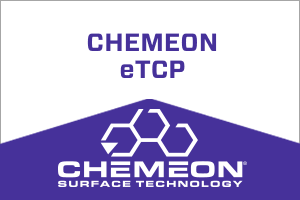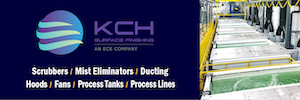The U.S. Environmental Protection Agency (EPA) is proposing to ban all uses of trichloroethylene (TCE), which is used in cleaning and vapor degreasing.
This action, taken under the Toxic Substances Control Act (TSCA), would ban the manufacture, processing, and distribution of TCE for all uses. EPA’s proposed risk management rule would take effect in one year for consumer products and most commercial uses and would implement stringent worker protections on the limited remaining commercial and industrial uses that would be phased down over a longer period.
The EPA says safer alternatives to TCE are readily available. For limited uses of TCE — such as critical Federal Agency uses, battery separators used to make electric vehicle batteries, and the manufacture of certain refrigerants that are being phased down nationally while the industry transitions to more climate-friendly refrigerants — the proposal would provide a longer transition period while requiring stringent worker protections to reduce exposures in the near-term.
Further, to support cleanup activities at sites of past TCE contamination (e.g., Superfund sites), EPA is proposing to allow for essential lab use and proper disposal of TCE wastewater to continue for 50 years, also subject to workplace protections.
EPA will accept public comments on the proposed rule for TCE for 45 days following publication in the Federal Register via docket EPA-HQ-OPPT-2020-0642 at www.regulations.gov.
EPA will also host a public webinar targeted to employers and workers but useful for anyone looking for an overview of the proposed regulatory action. The date, time, and registration information will be announced soon.
TCE is a solvent used in cleaning and furniture care products, degreasers, and automotive care, such as tire repair and brake cleaners. Commercially, it is also used for vapor-degreasing items such as metal parts used in aircraft or other machinery, as an intermediate in the manufacturing of certain refrigerants that are already being phased down nationally, and in the production of battery separators used in electric vehicles and other transportation, security, and defense systems.
EPA found that TCE causes liver cancer, kidney cancer, and non-Hodgkin’s lymphoma. It also causes damage to the central nervous system, liver, kidneys, immune system, and reproductive organs and is dangerous for fetal development. These risks are present even at very small concentrations of TCE. EPA also found that people living near facilities where TCE is made and used are at higher risk for developing these health conditions.



































